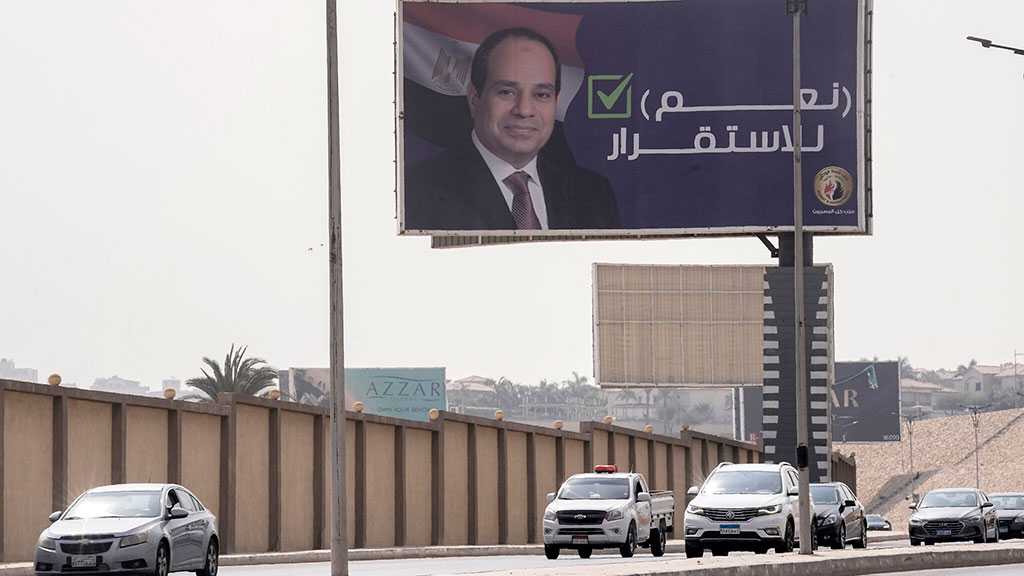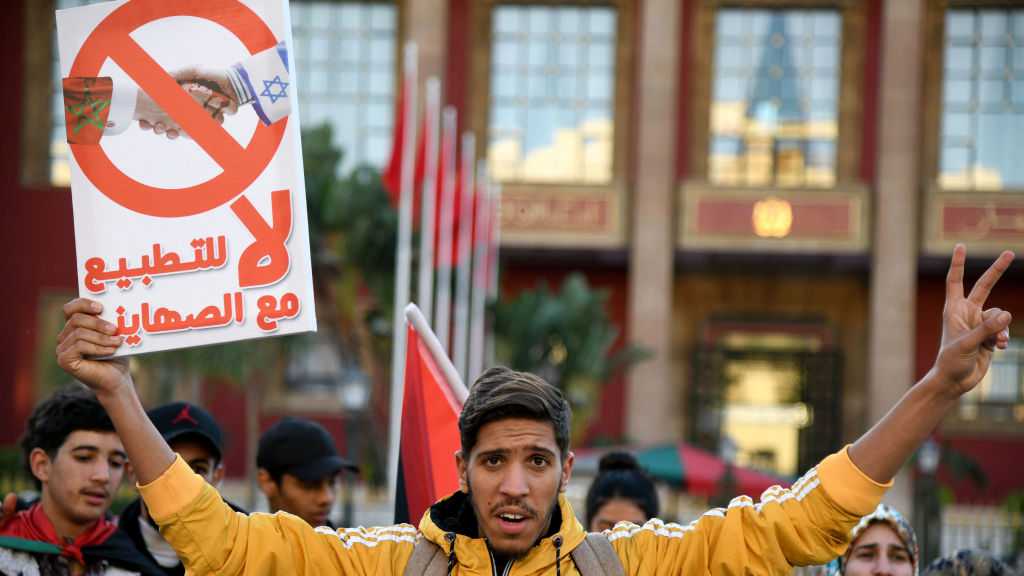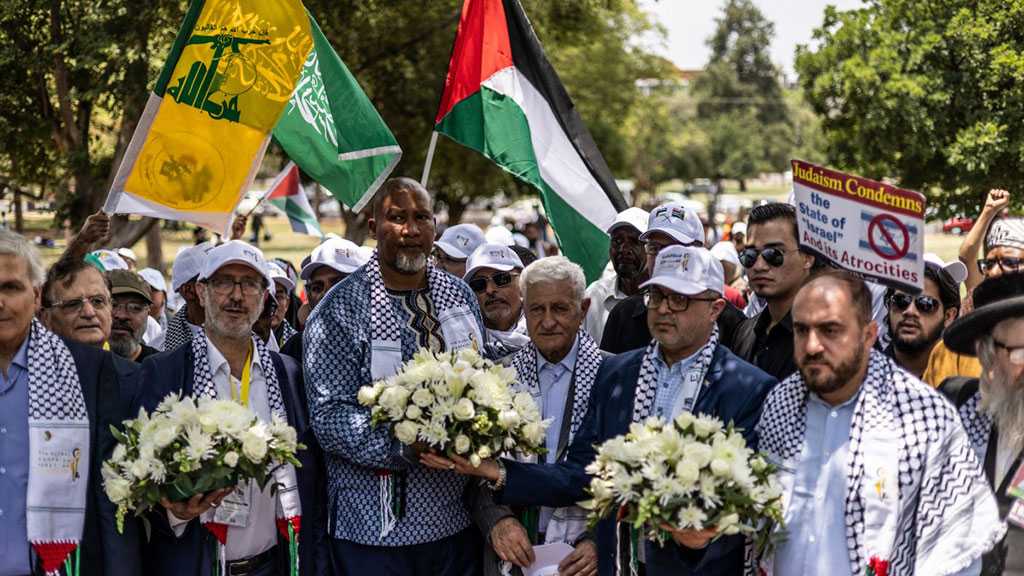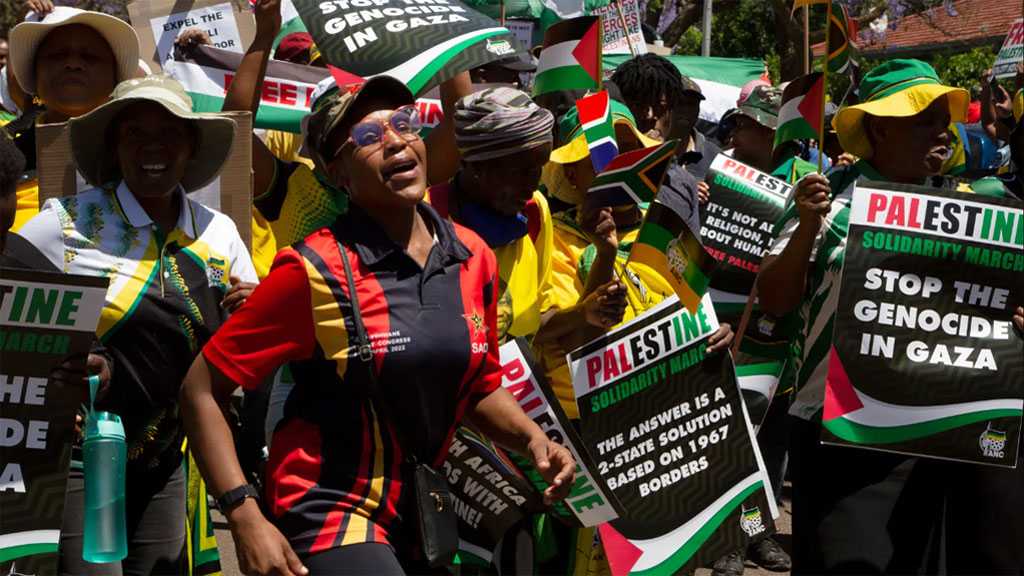
Nigerian Opposition Aims To Outflank Buhari with Regional Gambit
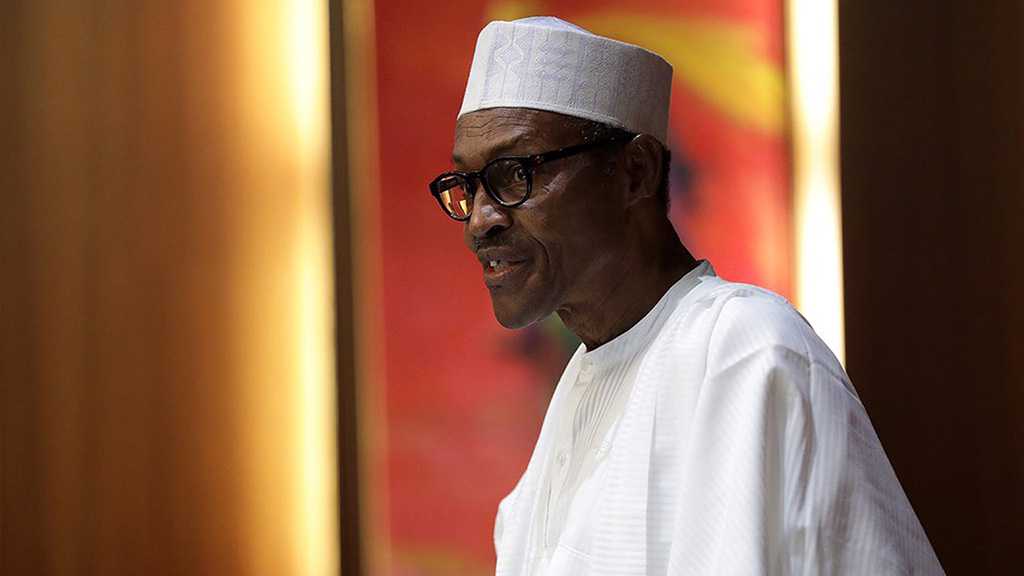
Local Editor
The main challenger in Nigeria’s election next year aims to outflank President Muhammadu Buhari by campaigning in a sometimes neglected part of the country where the incumbent is deeply unpopular: the southeast.
With a tight race in prospect, a strong showing there could give Atiku Abubakar the votes he needs to deny Buhari, a former military ruler, a second four-year term as the elected leader of one of Africa’s most powerful nations.
Abubakar is targeting regional voters - who are mostly members of the Igbo ethnic group - through his choice of a local running mate and policies designed to meet calls for autonomy.
The numbers are tempting. There were 7.5 million registered voters in the five states of the southeast out of 67.4 million nationwide at the last election, in 2015.
The number of new voters registered in the southeast has grown faster than in other regions, according to electoral commission figures.
The opposition will still need to overcome voter apathy in the southeast, where people have long felt there is little point in voting since presidents tend to be northerners from the Hausa ethnic group or Yoruba people from the southwest.
While presidential elections in Nigeria are usually cast as a fight between the mainly Muslim north and the predominantly Christian south, victory may depend on a candidate attracting votes from outside his ethnic and religious base.
At this stage, most analysts expect a closely fought contest on Feb. 16, with some predicting a narrow victory for Abubakar.
Buhari is popular across the north, so it suits Abubakar to target a region where the president lacks support.
Buhari’s unpopularity in the southeast stems from his decision to send troops on to the streets last year to crack down on secessionists.
The issue is sensitive. For many, the deployment was a reminder of the 1967-70 war over Biafra, a short-lived breakaway nation that was predominantly Igbo.
Around a million people died, mostly from starvation and disease, before central government forces prevailed, and many in the southeast feel Igbos have been marginalized ever since. An Igbo has not been president or vice president since Nigeria’s most recent transition to civilian rule in 1999.
If there are votes for Abubakar in the southeast, he may also win support among the many Igbos living elsewhere in Nigeria.
Source: News Agencies, Edited by website team
Comments
- Related News
